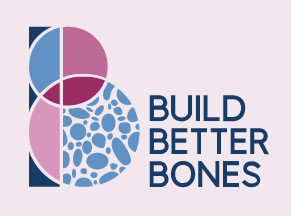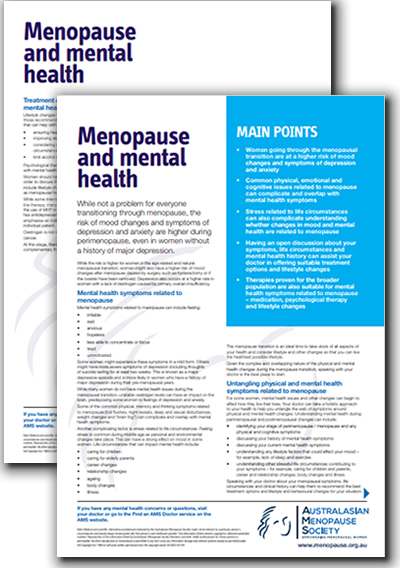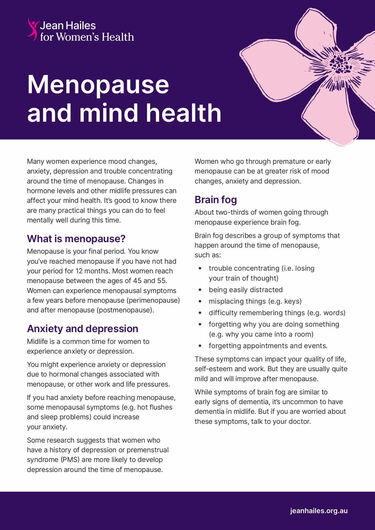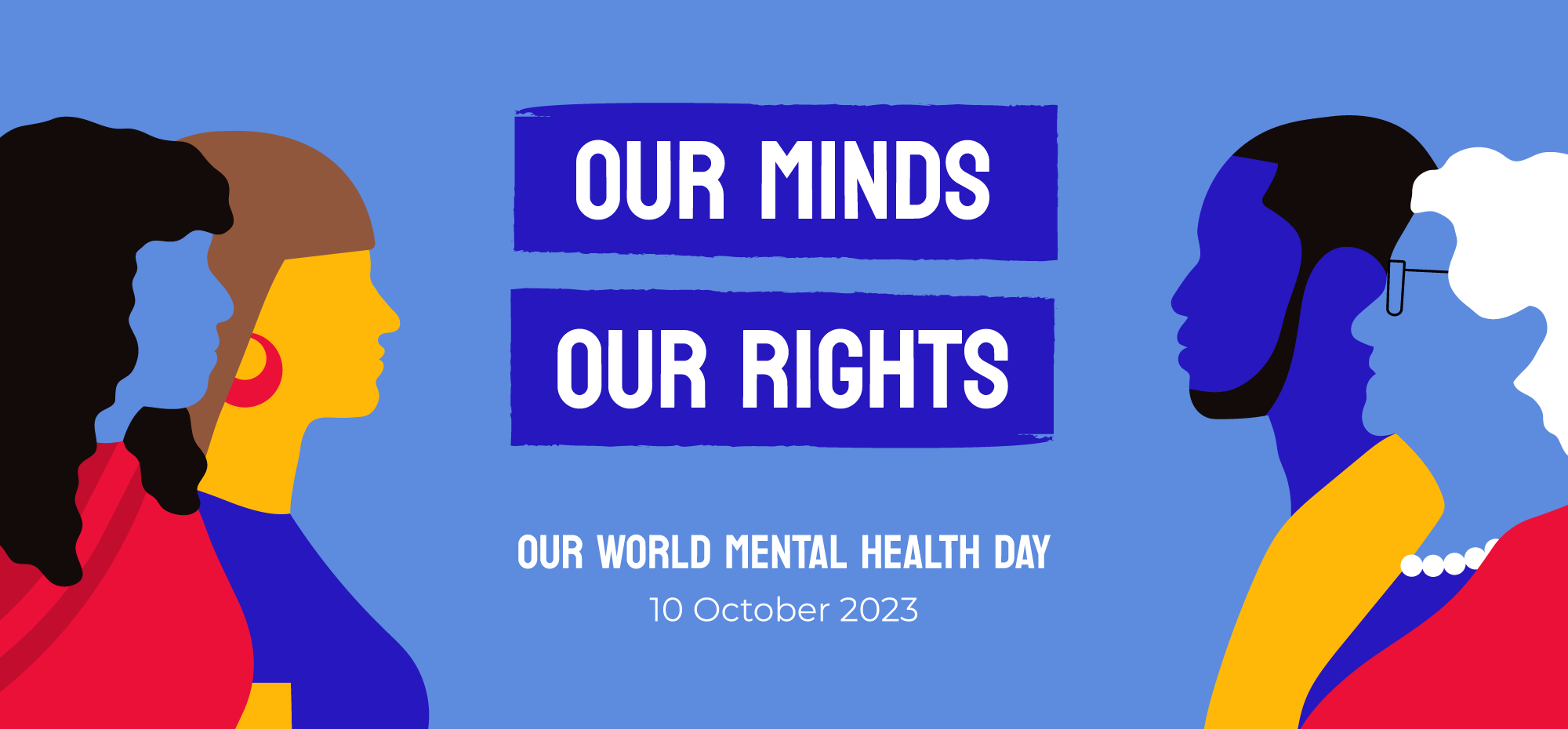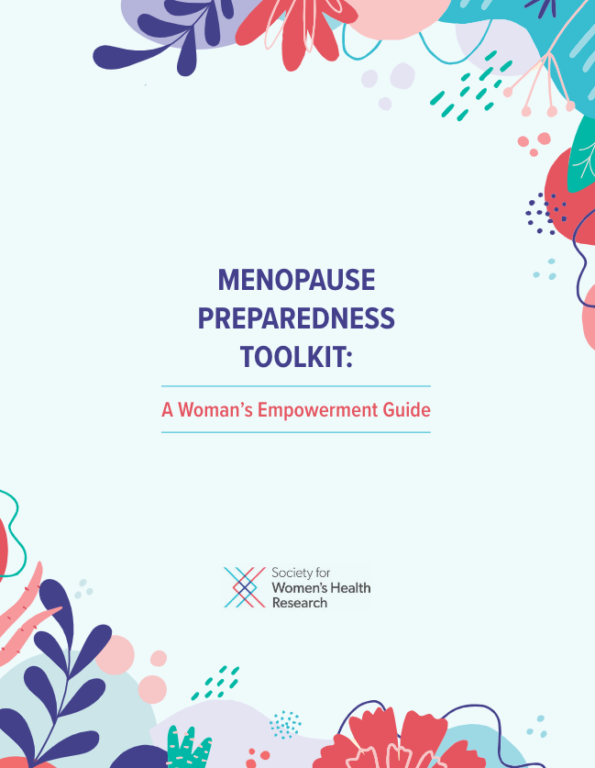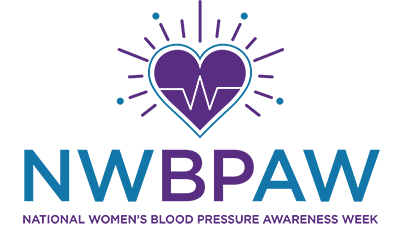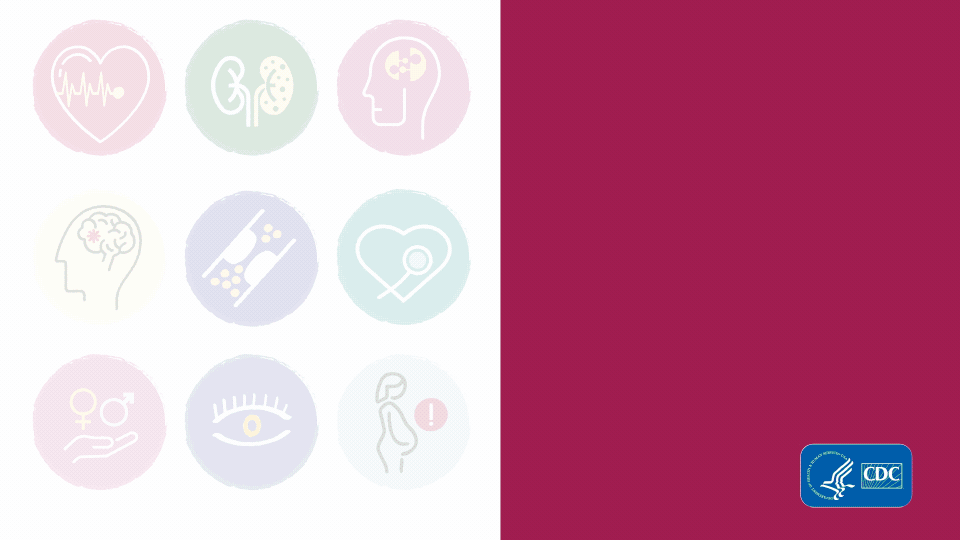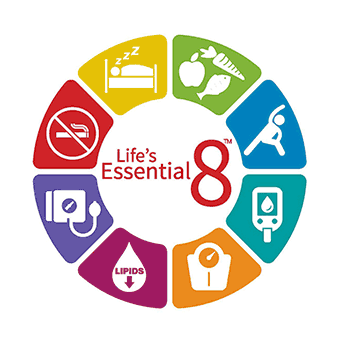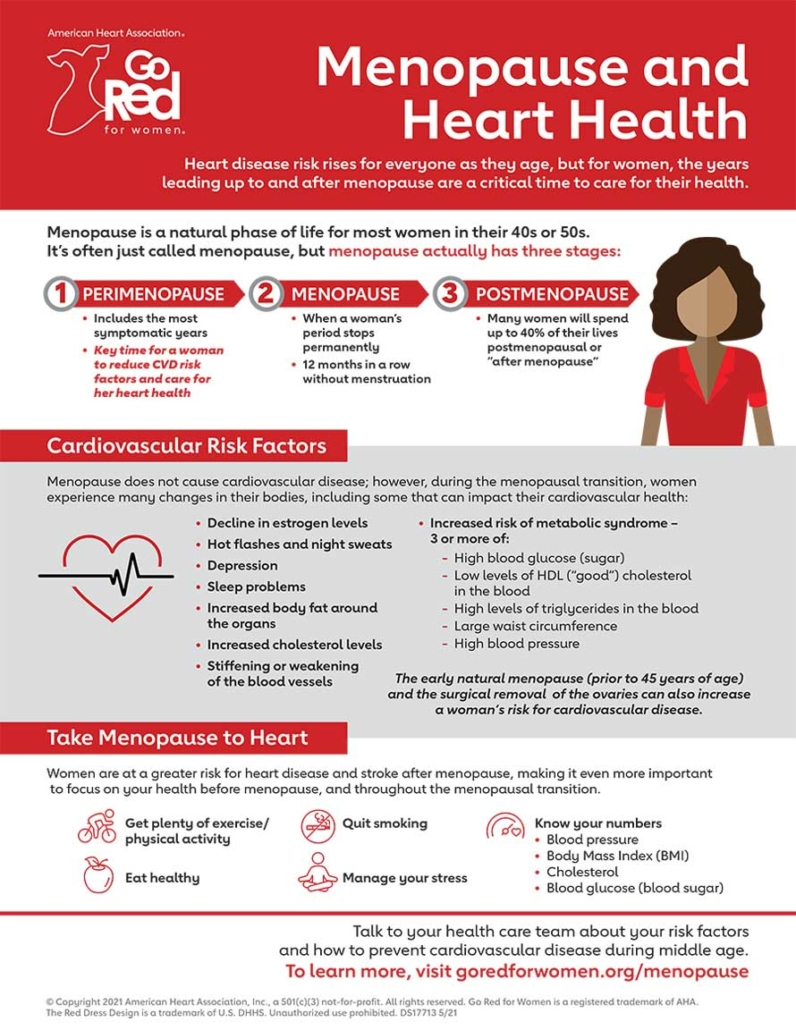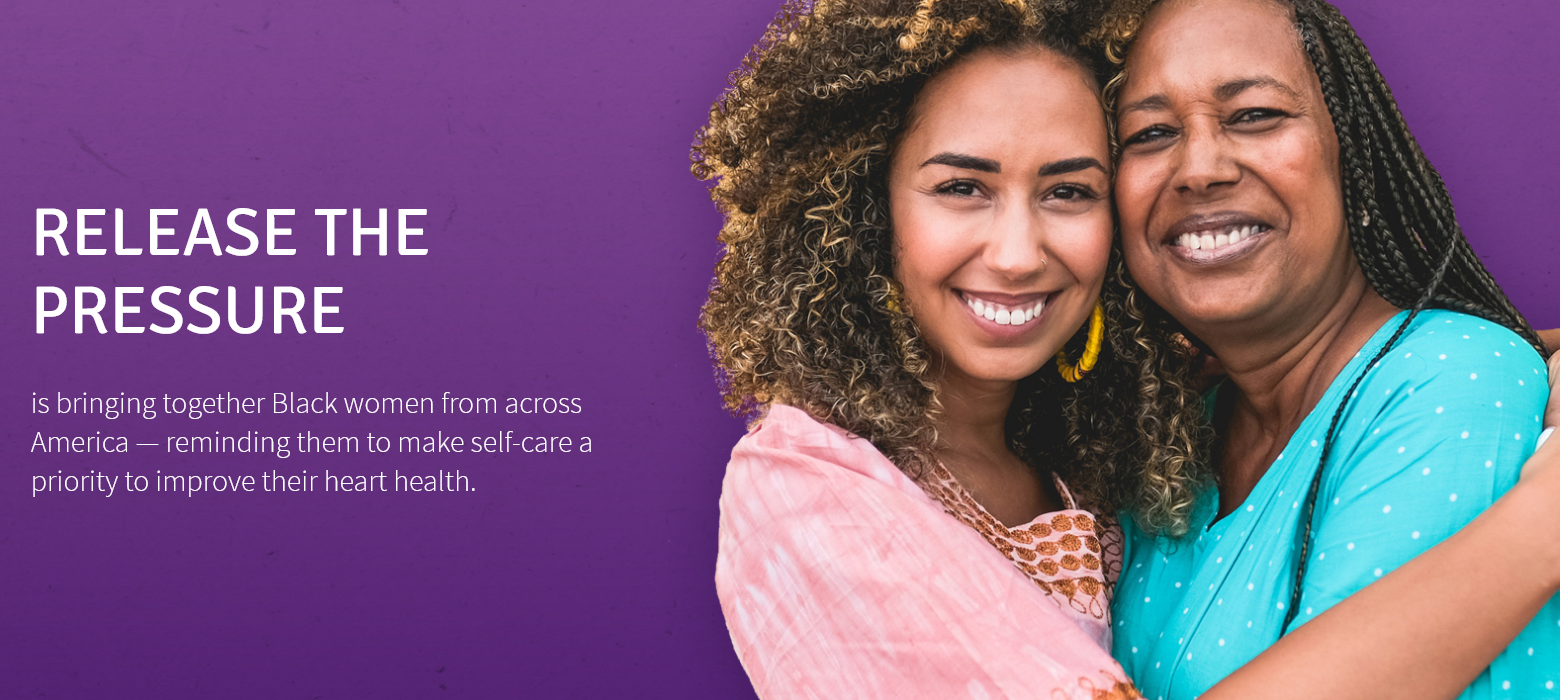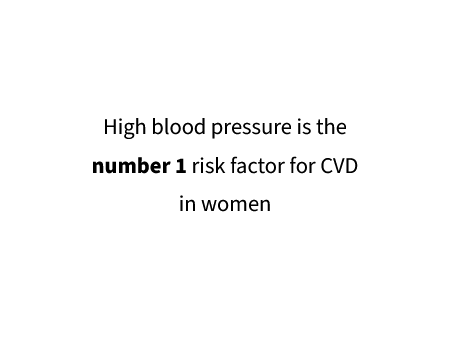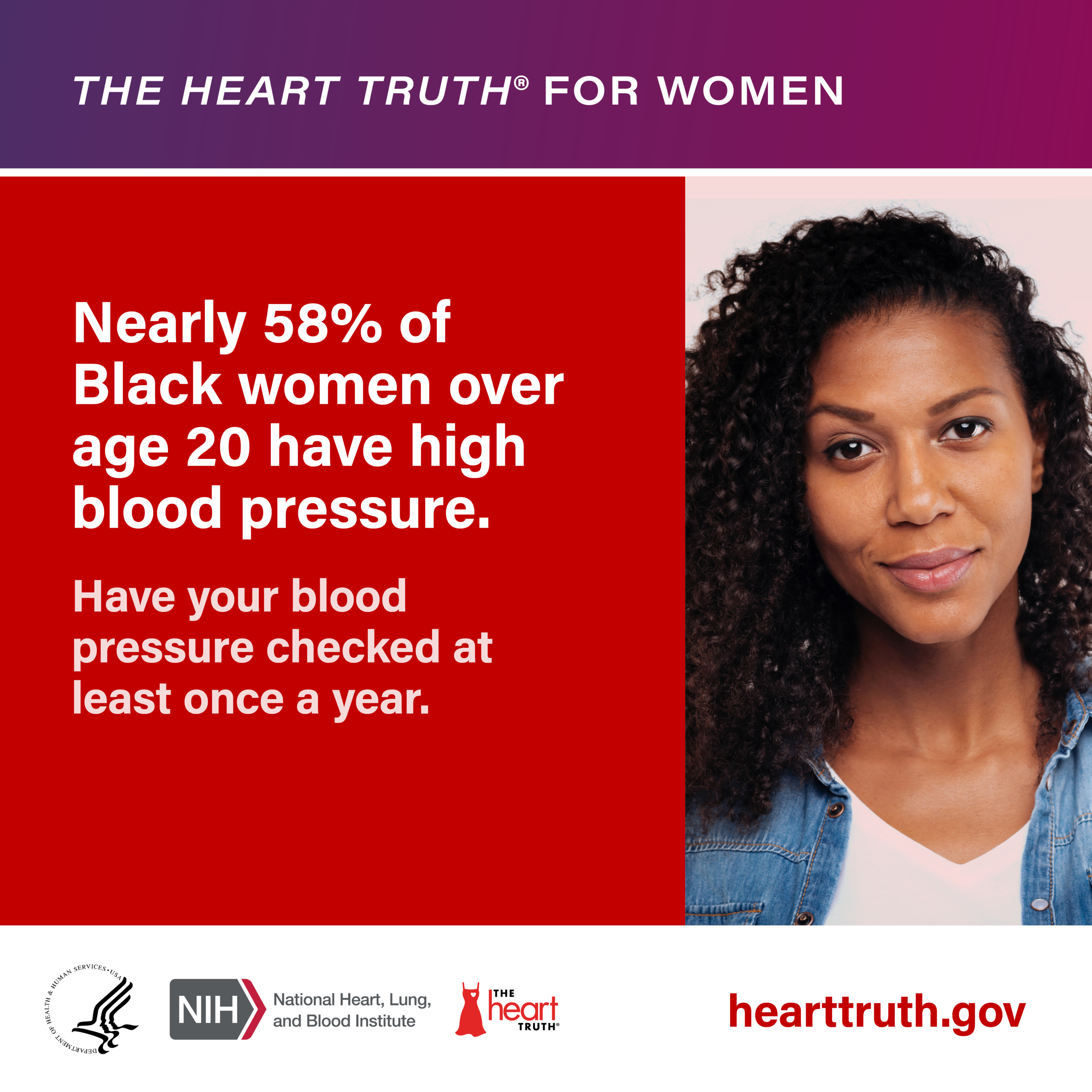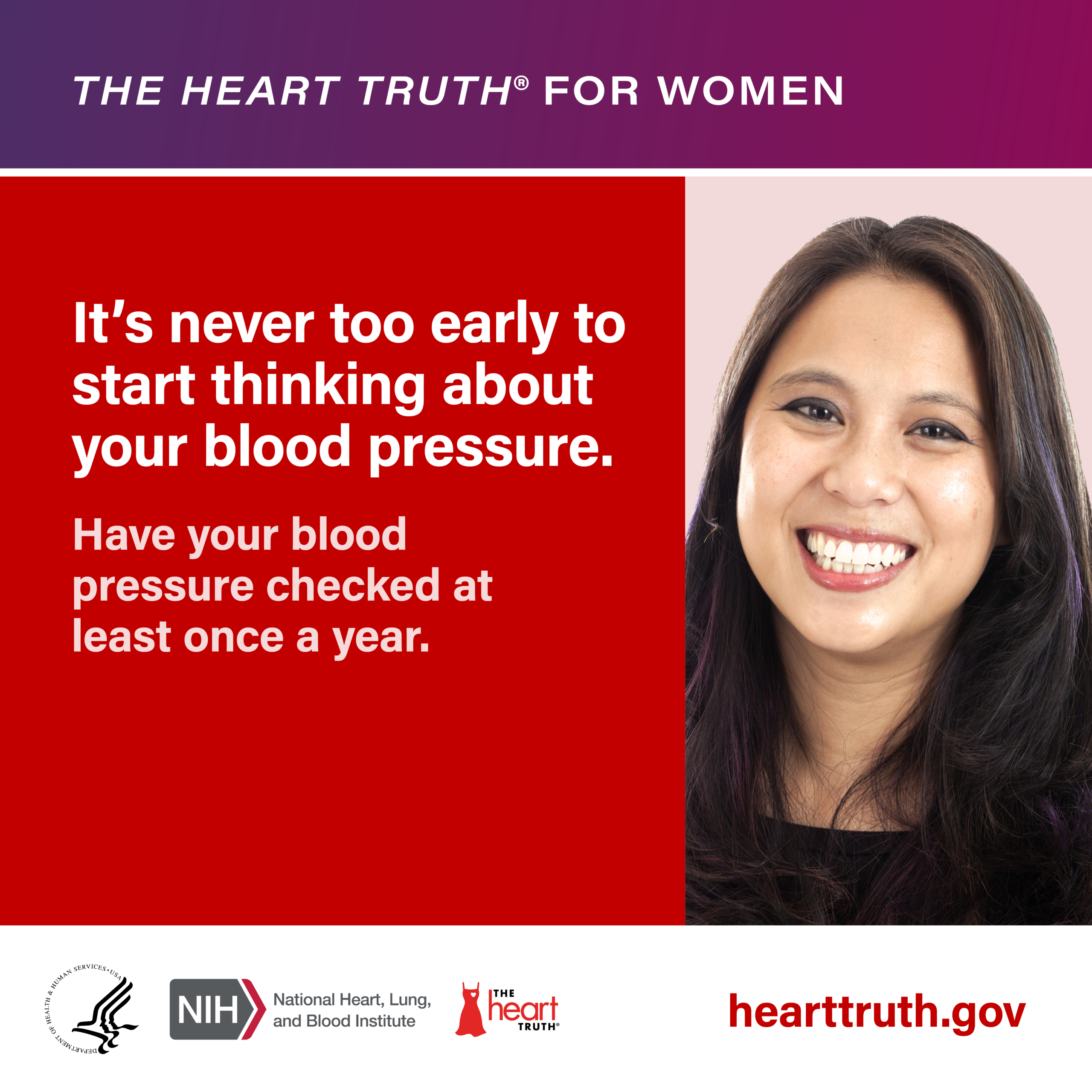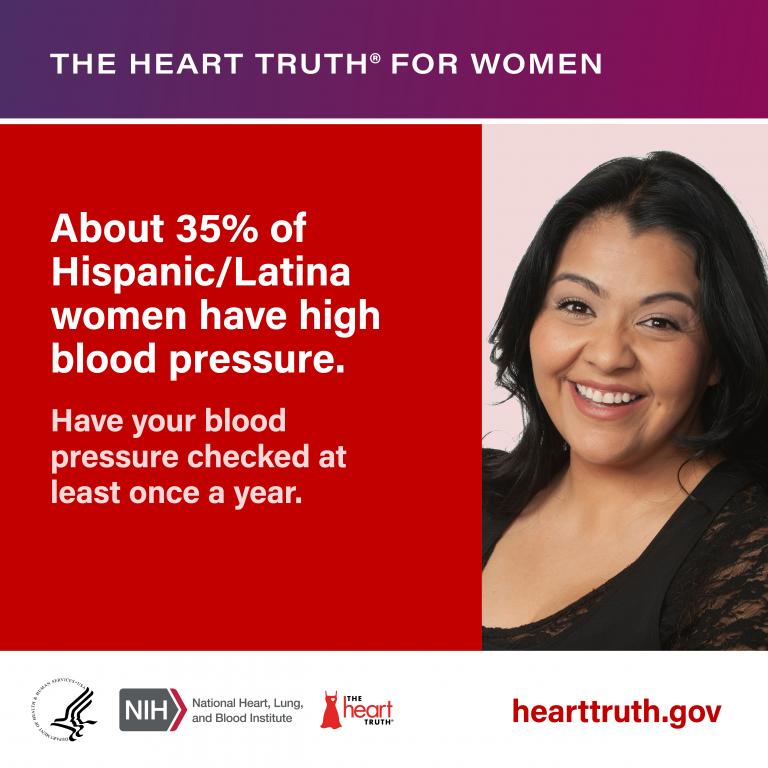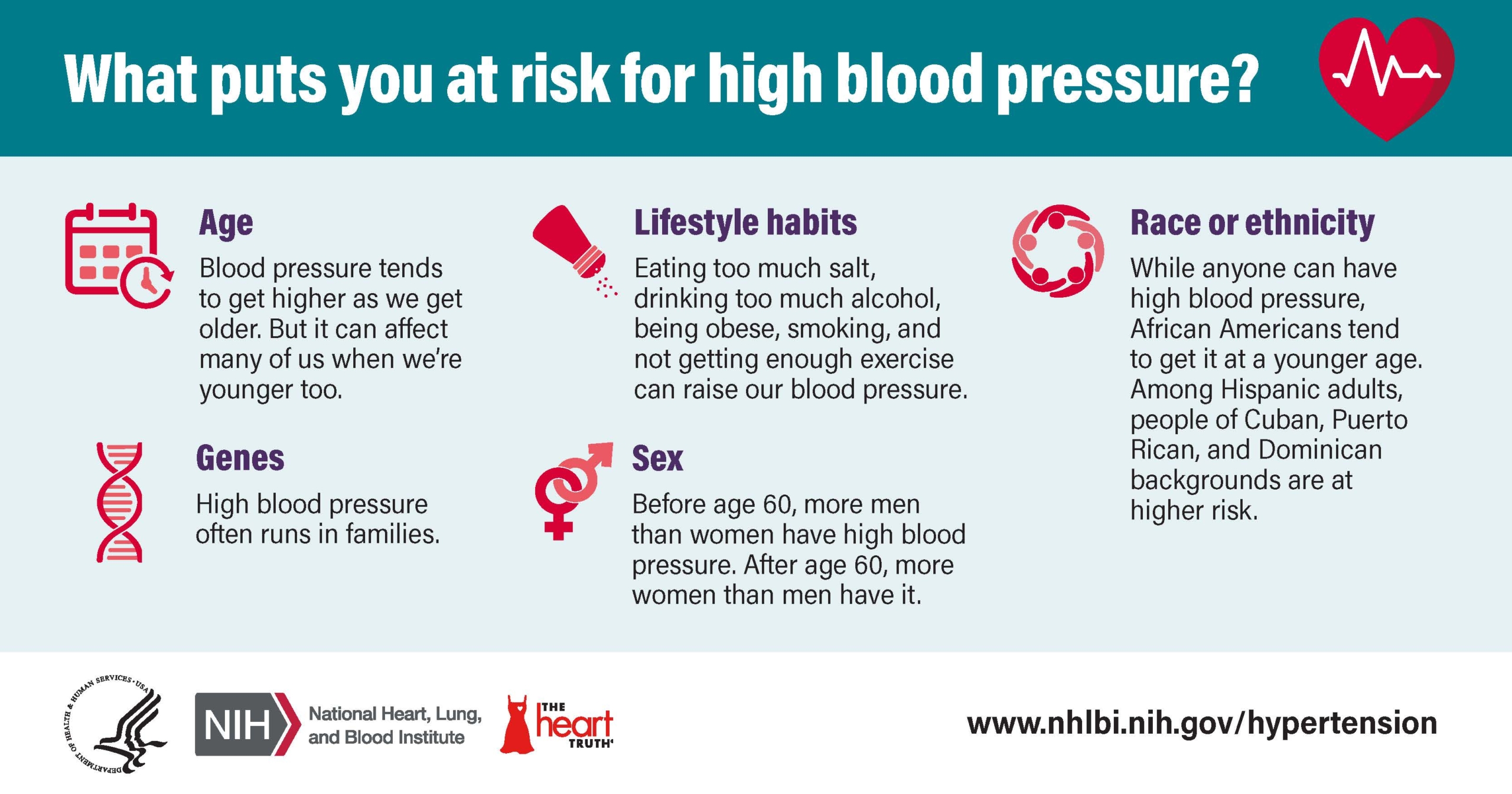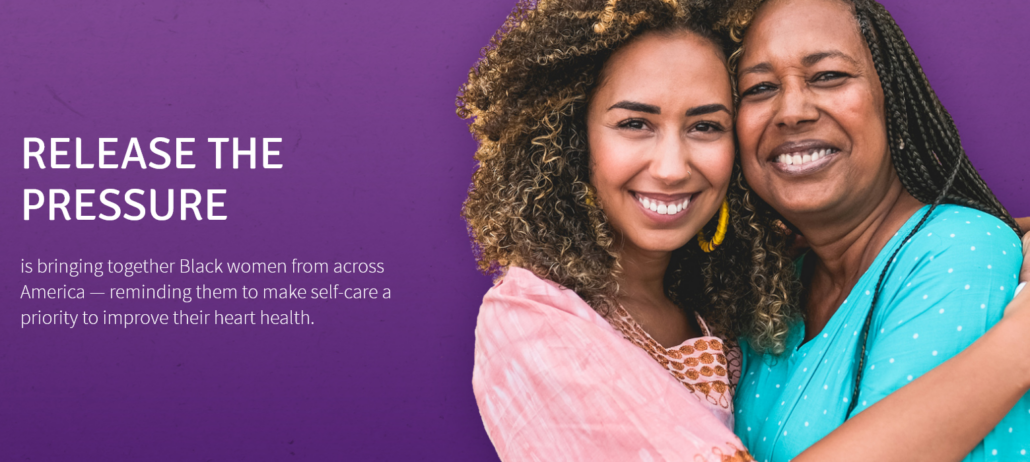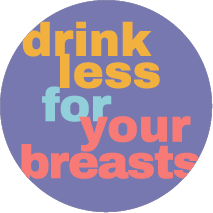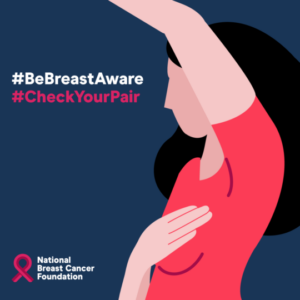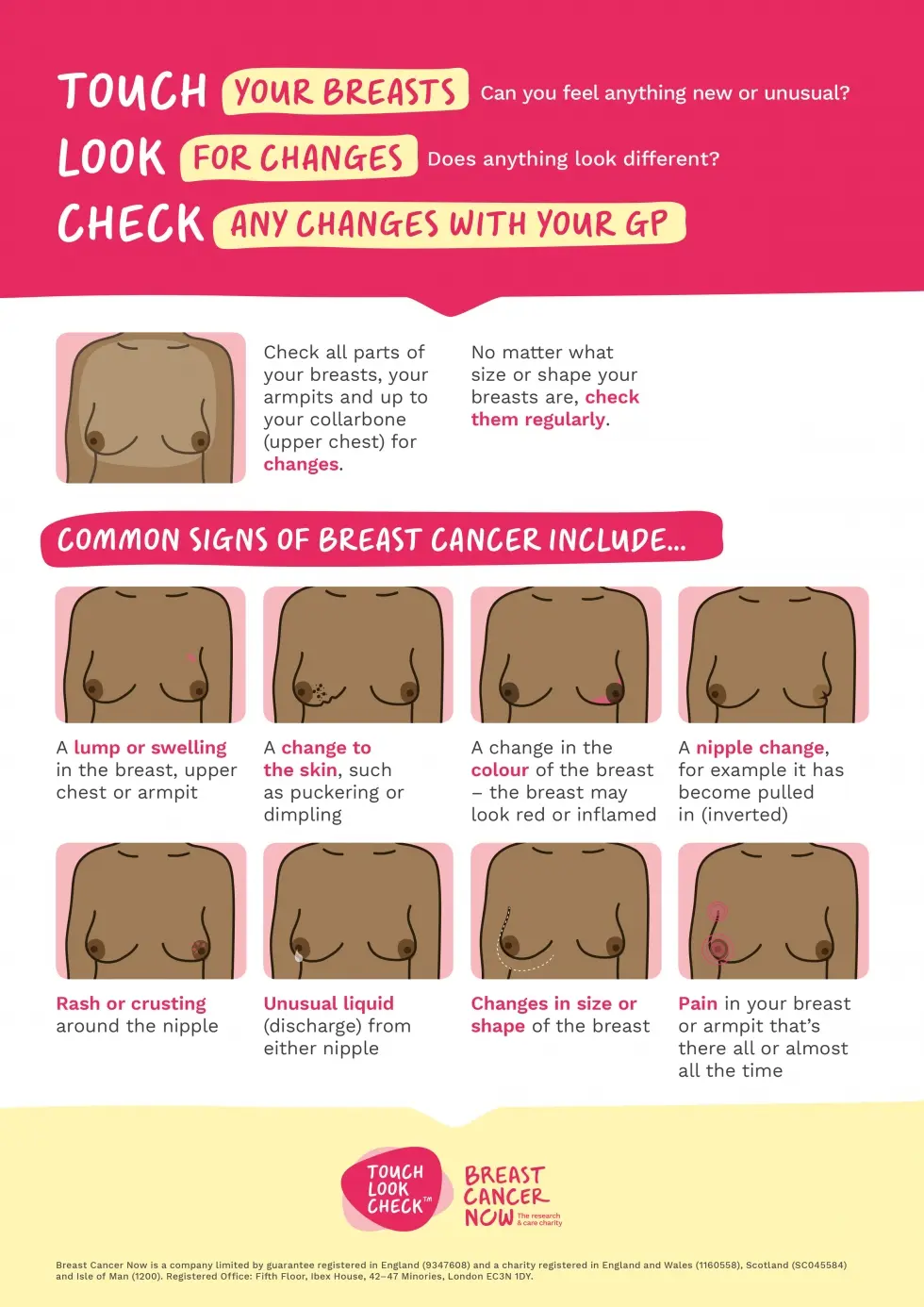World Osteoporosis Day 2023 and Menopause highlights “the importance of a bone-healthy lifestyle” and explains the association between menopause and bone loss.
World Osteoporosis Day 2023 Campaign
What is the 2023 World Osteoporosis Day Campaign on October 20?
In the World Osteoporosis Day’s, Get Involved: About the 2023 World Osteoporosis Day Campaign the International Osteoporosis Foundation (IOF) explain:
 “With this year’s tagline of ‘Build Better Bones’, IOF will highlight the importance of a bone-healthy lifestyle as the foundation for strong bones and a mobile, fracture-free future. New posters and related resources and communications will urge the public and patients to build better bones by ensuring:
“With this year’s tagline of ‘Build Better Bones’, IOF will highlight the importance of a bone-healthy lifestyle as the foundation for strong bones and a mobile, fracture-free future. New posters and related resources and communications will urge the public and patients to build better bones by ensuring:
- Regular weight-bearing & muscle-strengthening exercise
- A nutritious bone-healthy diet and adequate vitamin D
- No smoking and avoiding excessive alcohol intake”.
Menopause
Is there an association between menopause and bone loss?
In Calcium: Recommended Daily Calcium Intake the (Australian) Jean Hailes for Women’s Health note:
- “When women go through menopause, there is a rapid loss of bone because of decreased oestrogen and this process may last from 4-8 years after menopause
- After this period of time the rate of bone loss is reduced and stabilises”.
Premature Menopause
Is there an association between premature menopause and bone loss?
In How To Prevent Osteoporosis After Menopause the (United States) Cleveland Clinic note:
 “But typical menopause happens between age 45 and 55, so if you enter menopause before then, you’re also at risk for bone loss at an earlier age than is standard. That includes:
“But typical menopause happens between age 45 and 55, so if you enter menopause before then, you’re also at risk for bone loss at an earlier age than is standard. That includes:
- Premature menopause (before age 40)
- Early menopause (before age 45)
- Primary ovarian insufficiency (POI), formerly called “primary ovarian failure
- Medical menopause, whether surgically induced or as a result of medical treatment, like chemotherapy”.
Postmenopause
Is there an association between postmenopause and osteoporosis?
On page one in Management of Osteoporosis In Postmenopausal Women: The 2021 Position Statement of the North American Menopause Society: Abstract – Results the North American Menopause Society elaborate on:

“Postmenopausal bone loss, related to estrogen deficiency, is the primary contributor to osteoporosis. Other important risk factors for postmenopausal osteoporosis include advanced age, genetics, smoking, thinness, and many diseases and drugs that impair bone health. An evaluation of these risk factors to identify candidates for osteoporosis screening and recommending nonpharmacologic measures such as good nutrition (especially adequate intake of protein, calcium, and vitamin D), regular physical activity, and avoiding smoking and excessive alcohol consumption are appropriate for all postmenopausal women”.
Health Topics A-Z
Where may I find Health Topics related to World Osteoporosis Day 2023 and Menopause?
In Health Topics A-Z you may find:
Links
Where may I find Links related to World Osteoporosis Day 2023 and Menopause?
Your Country may have Links similar to:
Links
This Links List to third party websites is neither comprehensive nor exhaustive. Inclusion on this Links List does not imply endorsement or recommendation. Non-inclusion on this Links List does not imply non-endorsement or non-recommendation. Third party websites are not under the control of Meno Martha International Menopause Directory. Third party websites may contain explicit medical images and/or sexual references. Please read Meno Martha International Menopause Directory’s Links Policy before proceeding to a Link. Please contact Webmaster if you experience a problem with a Link.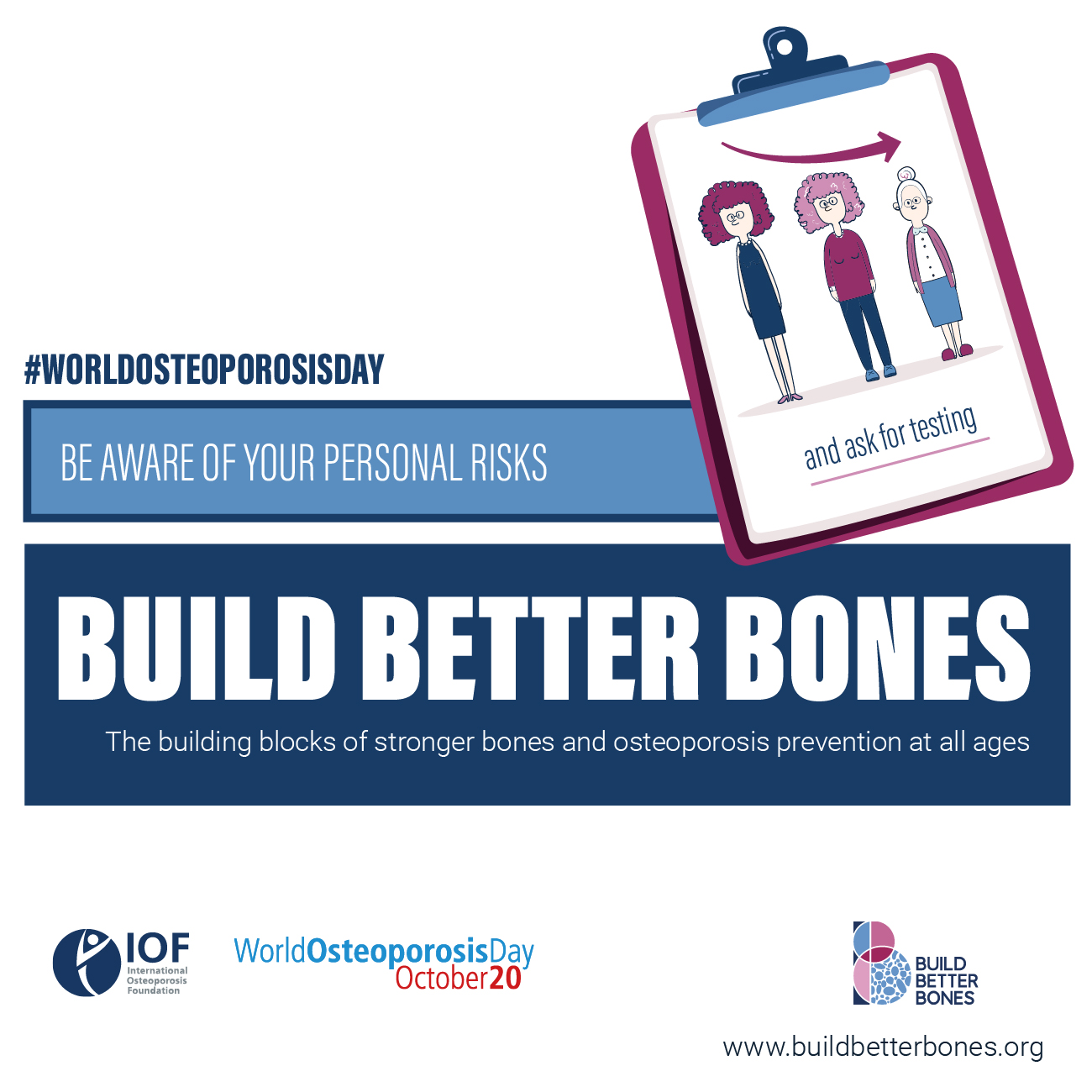
- A Guide To Calcium Rich Foods
- About Osteoporosis

- Askearlymenopause.org
 Bone Health
Bone Health- Buildbetterbones.org [International Osteoporosis Foundation]
- Calcium
- Calcium Content of Common Foods
- Exercise
- HRT & Menopause Extra
- Hormone Replacement Therapy (HRT) With Dr Nicky Peel & Prof. David Armstrong
- How To Prevent Osteoporosis After Menopause
- International Osteoporosis Foundation
- Menopause: Understanding the Changes and Finding Relief | Dr Susan Davis | The Proof Podcast EP 256
- Nutrition and Diet
- Osteoporosis – Multiply Languages
- Osteoporosis.Risk.Check

- Prevention
- Webinars: Previous – Osteoporosis for Midlife Women and Beyond
- Vitamin D
- What Is Osteoporosis?
- Worldosteoporosisday.org


